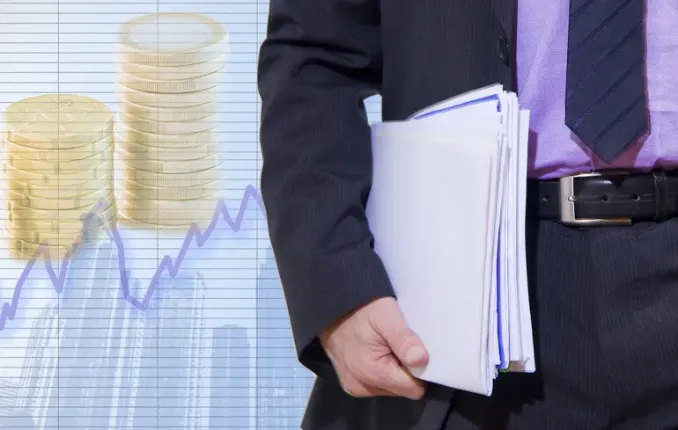PUTIN’S GOVERNMENT ANNOUNCES REDUCTION IN DEFENSE SPENDING Amidst MINUS FROM SEVERE ECONOMIC DIFFICULTIES

Putin has once again announced his intention to gradually reduce military spending, acknowledging the weakening of the Russian economy and its financial difficulties. This happened during the economic summit of post-Soviet states in Minsk, where the Russian president openly announced his plans for the coming years. According to him, starting next year, Russia intends to reduce its defense budget, making corresponding cuts over the next three years. This step was adopted against the backdrop of intensified discussions in NATO regarding the intention of member countries to increase defense spending to 5% of GDP. Putin criticized this initiative, emphasizing that the allies are investing billions in the purchase of American weapons and in strengthening their own defense sector. He asked a rhetorical question: “Who is preparing for aggression - us or them?”, hinting at a possible direction of foreign policy vectors. Plans for the country’s security and financial condition are also evidenced by previous statements by officials. Economy Minister Maxim Reshetnikov warned that the country’s economy is currently “balancing on the brink of recession,” and Central Bank Governor Elvira Nabiullina noted that economic growth, which lasted two years, is exhausting its potential. This confirms the trend toward economic instability that is engulfing the country despite official GDP growth of 4.3% in 2024. The main difficulties are urgent. High import prices due to sanctions pressure, rising wages due to mass mobilization, and the need for personnel reserves create additional challenges. According to the Higher School of Economics, by the end of 2024 Russia will lack about 2.6 million workers, even despite active mobilization, which selects personnel from all areas. To fill the personnel gap in the military structures, the Kremlin is using increased salaries and bonuses for new recruits. However, the private sector is suffering serious damage due to reduced demand, rising credit costs and rising debt. The banking sector is already warning of a potential financial collapse in 2025, as more and more companies are unable to service their loans. The issue of social integration of demobilized military personnel also remains acute: out of 140,000 veterans of the war against Ukraine, about half remain unemployed, which could lead to wider social problems in the country. Despite all the signals of an economic crisis, during the St. Petersburg Economic Forum, Vladimir Putin tried to reduce the most pessimistic moods, stating that rumors of the “death” of the economy are greatly exaggerated. However, analysts, in particular at ZN.ua, note that the Russian economy is turning into a system that is gradually degrading. It is no longer on the verge of collapse, but its condition requires increasing intervention and the search for new resources for stabilization. Already, each month of the war is accompanied by the application of an ever-increasing set of anti-crisis measures, which indicates a systemic crisis. For more information on the economic prospects, challenges and forecasts for Russia, read the article "Russia's Economy Under the Pressure of War: Where Will the Kremlin Look for Money?" by Yegor Ostapov.

